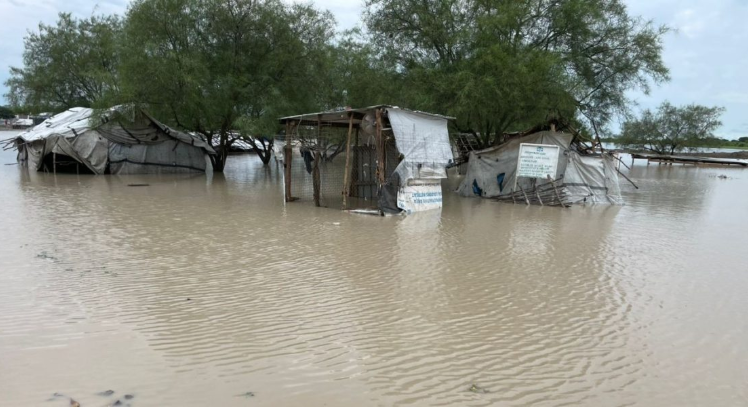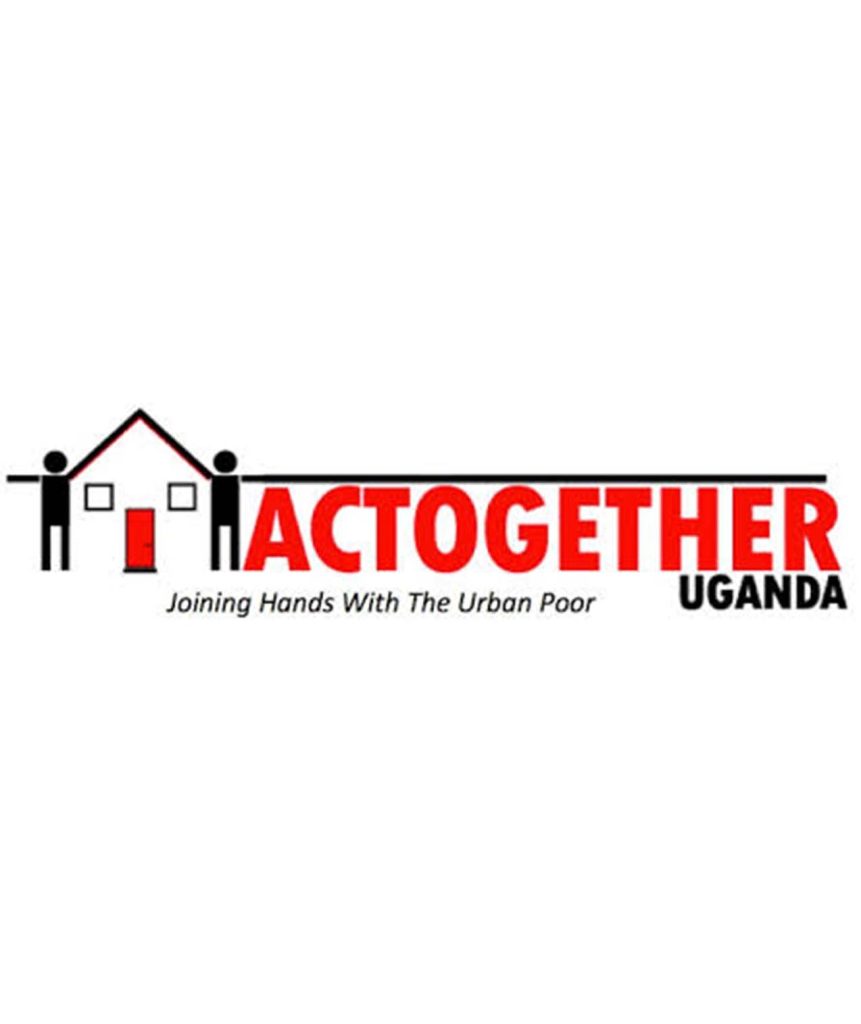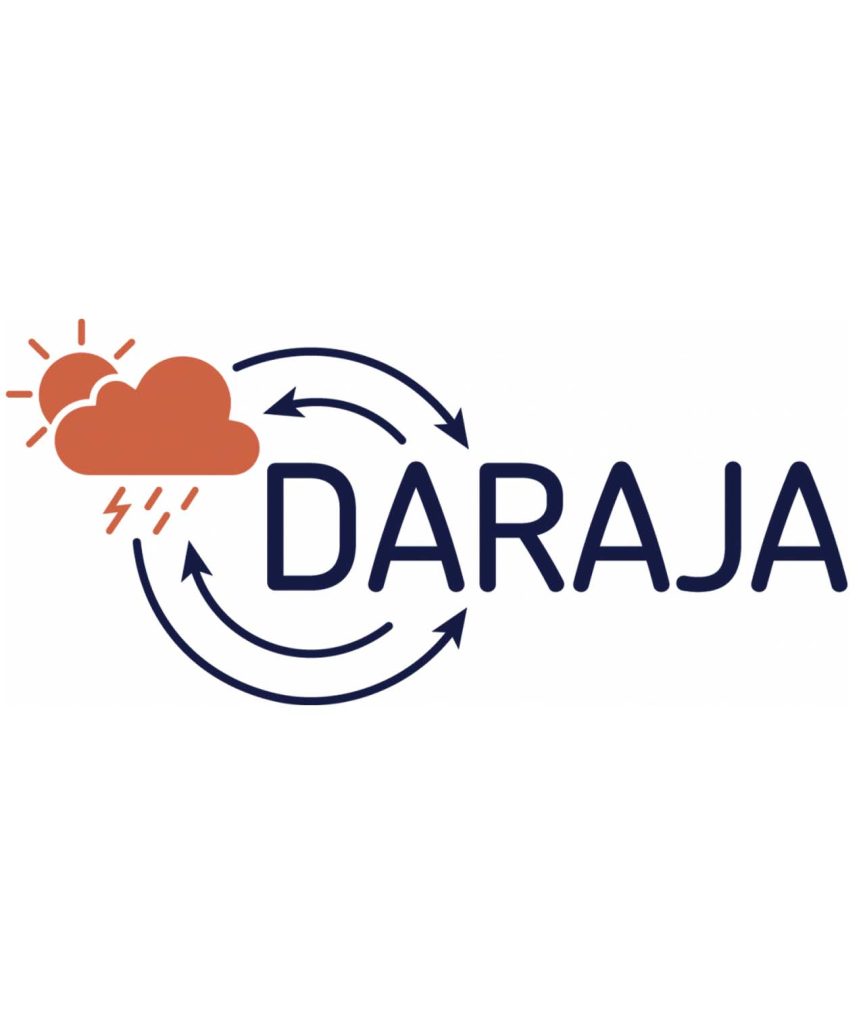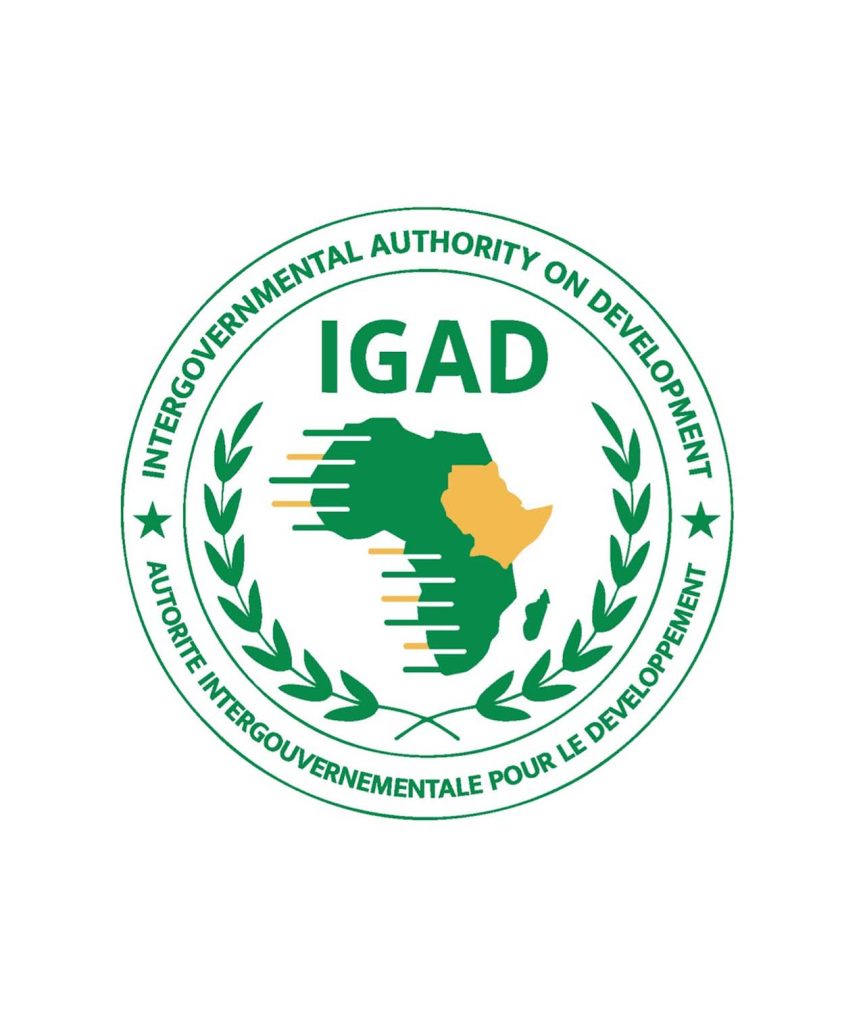News and Press Release Source: Oxfam Posted22 Sep 2025 Originally published19 Sep 2025
JUBA, SOUTH SUDAN – Devastating floods are threatening to push thousands of already vulnerable people in Greater Pibor Administrative area from severe food insecurity (IPC Phase 4) into catastrophic IPC Phase 5, Oxfam in South Sudan warns.
The flash floods, following recent heavy rains, have submerged communities, destroyed homes, and swept away unharvested crops, posing an existential threat to an already vulnerable population.
“Some farms are completely submerged with the crops rotting in the field as the farmers are overwhelmed causing food insecurity during or immediately after the flooding. The downside is that this is the harvesting time so food availability for the affected farmers will heavily depend on aid until the next harvest which is August next year” says Shabnam Baloch, Oxfam’s Country Director in South Sudan.
An estimated 69 535 individuals across seven counties in Pibor have been affected, with more than 1,000 households in Pibor town alone displaced, according to local authorities.
This figure will likely continue to grow as the water level continuously expands into more settlements.
The floods have struck at the worst possible time—the harvesting season. This has led to widespread destruction of crops, leaving farmers with nothing to harvest.
“This is not just a flood, it’s a food security catastrophe in the making,” said Baloch.
“The floods have wiped out the very lifeline of these communities. With unharvested crops rotting in the fields and spoiled grain stores, thousands of people who were already struggling to survive are now at risk of starvation,” she says.
According to an Oxfam staff in Pibor, some health facilities in the areas of Gumuruk, Lekuangole, and Verthet are now inaccessible, cutting off communities from vital nutrition sites and health units. This is particularly alarming as cases of waterborne diseases and snakebites are on the rise.
So far, communities have sought shelter in eight schools – forcing the cancellation of second-term examinations and disrupting the education for hundreds of children.
Like past floods, many sanitation facilities have been submerged, limiting access to clean drinking water and increasing the likelihood of outbreaks of diseases including cholera.
While a flood management committee has been established, the government and humanitarian partners are struggling to respond effectively due to insufficient resources and accessibility challenges.
” The situation worsens with every day that passes. The time for waiting is over. We cannot afford to be late,” added Country Director Oxfam in South Sudan Shabnam Baloch
Oxfam in South Sudan is putting in available resources to respond with emergency non-food items and water-treatment kits – and constantly monitoring the situation and engaging with stakeholders to mobilize resources for emergency support.

